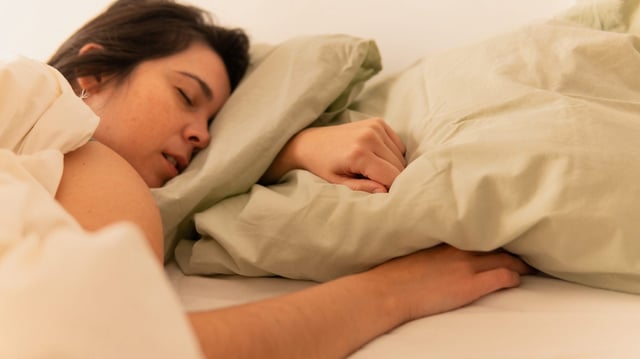Overview
- Analysis of over 116,000 under-mattress sensor records shows each 1 °C increase in ambient temperature raises the nightly likelihood of obstructive sleep apnea by 45 %.
- In 2023, climate-driven increases in OSA prevalence accounted for approximately 800,000 lost healthy life years across 29 countries and about $98 billion in wellbeing and productivity costs.
- Nighttime heat stress may inflame airway tissues, disrupt thermoregulation and weaken respiratory control, intensifying OSA episodes.
- Populations in regions with limited air-conditioning—particularly parts of Europe and lower-income areas—face disproportionate spikes in sleep-disordered breathing.
- Authors call for broader OSA screening, development of heat-mitigating sleep interventions and public health campaigns to curb the rising health and economic impact.


